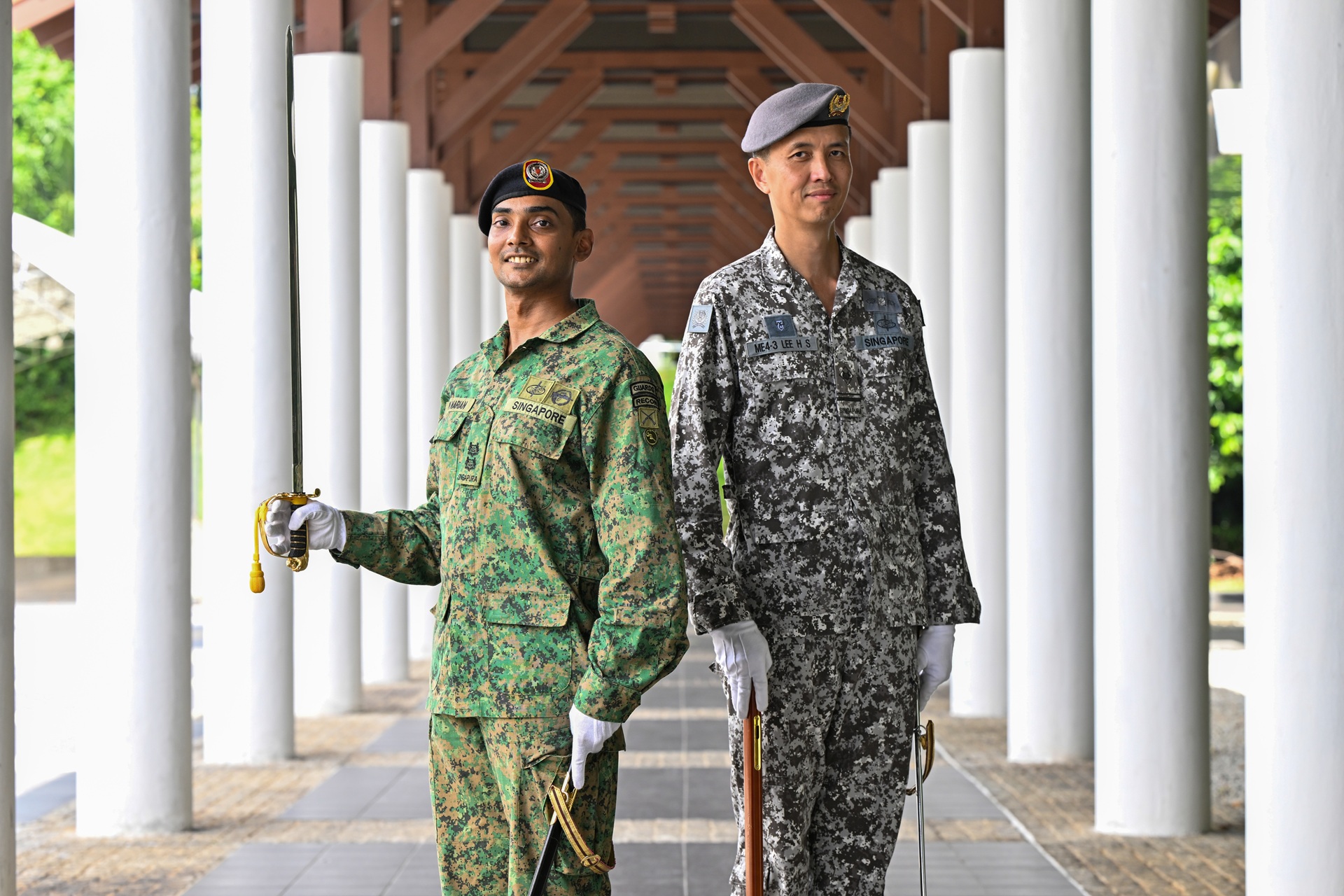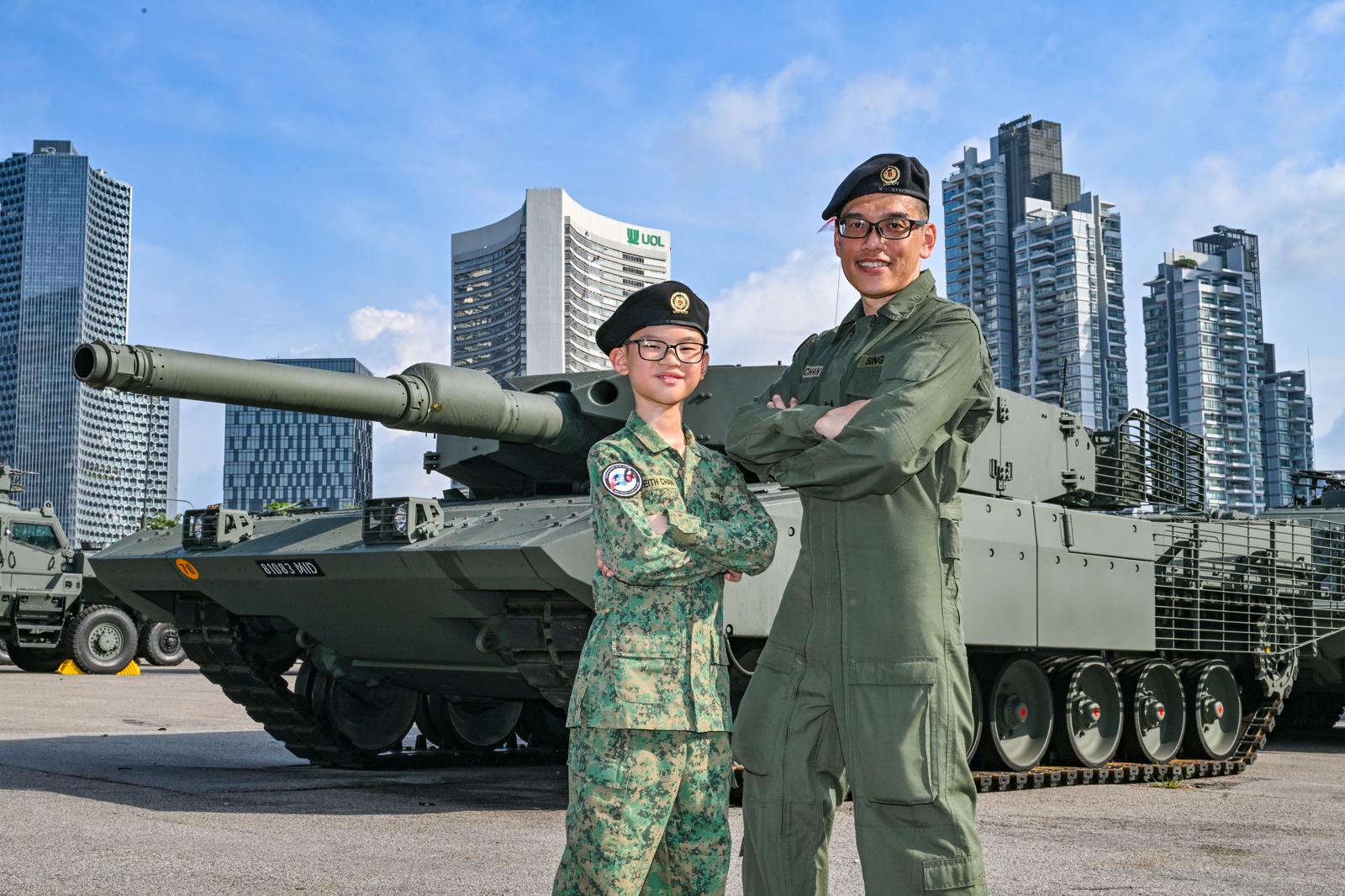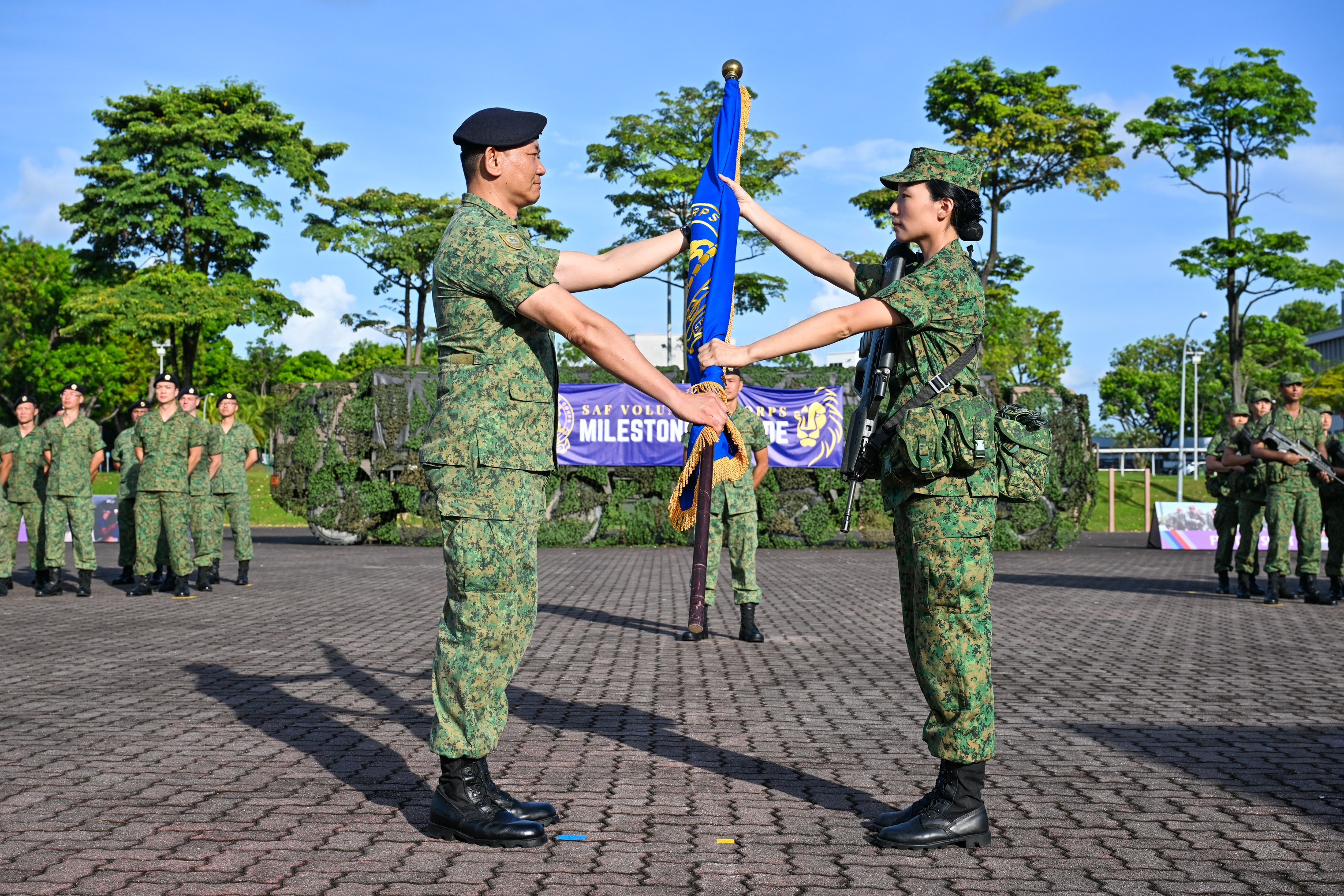BUILDING A STRONGER SAF
PHOTO // PIONEER archives & Courtesy of Singapore Army
Wide-ranging issues were discussed at this year's Singapore Armed Forces (SAF) Day media interview with Minister for Defence Dr Ng Eng Hen. They include cyber defence, National Service (NS), defence relations and the SAF's roles.
The SAF has been the bedrock of Singapore's stability and progress for the past 46 years but this is not, and never will be, a given.
It has been steadfast in this crucial role mainly because of many years of steady investments in advanced technologies and platforms, and training national servicemen to operate them with high efficiency and effectiveness.
As a result, today's SAF is a well-respected, professional and credible defence force that is capable of dealing with a wide variety of threats.
This long-term view of things was the backdrop that Dr Ng painted at the start of this year's SAF Day interview, held at The Chevrons on 29 Jun.
Fight against cyber attacks
In charting the SAF's course over the long term, cyber defence has been identified as its next area of focus. Dr Ng noted that cyber attacks were increasingly prevalent and was a topic of much discussion when he met his defence counterparts from other countries.
"All of us recognise that they are increasing in frequency and potency, and can create damage for us simply because our military and civilian networks are highly dependent on these computer systems."
For the SAF, this is a very real threat that could develop into nightmare scenarios where the networks that the SAF relied upon during operations are incapacitated.
To meet this challenge, Dr Ng announced that the SAF had set up the Cyber Defence Operations Hub to form and organise the SAF's cyber-defence resources as a distinct entity.
Noting that cyber threats come from everywhere, he said the first tasks of the new hub would include the setting up of command and control processes, response plans and manpower requirements. "Cyber defence is not really different from artillery, armour, the air force or the navy. You have to build expertise because these are specialised skills."
Strengthening commitment to NS
Dr Ng also pointed out that while technology helped, it was not enough. "If you don't have the resolve and commitment, all would come to naught.
"I am very happy that our NSmen are very committed. They train realistically but we have to continue to engage them, continue to explain to them, continue to find teaching moments. It is not a simple thing to just say, 'Let's be committed'."
He added that Singapore did not have the option of not having NS. "We can't say I want to have a strong defence but let's do away with NS or have a weaker NS."
To this end, he said that he was heartened to see that commitment to NS remained strong among young Full-time National Servicemen as well as Operationally Ready National Servicemen serving their 10-year In-Camp Training cycle.
For example, from the lively conversations that have been going on as part of the Committee to Strengthen National Service (CSNS) effort, more of the younger generation have indicated that they would like to do more in NS by serving as commanders.
The CSNS comprises a 20-member steering committee and two working groups. It is exploring how the Ministry of Defence and the SAF can motivate and help national servicemen to maximise their contributions and balance these duties with their other commitments, as well as look into ways to strengthen support for NS among the wider community and promote recognition and appreciation of their contributions.
"We are looking to see if there is a possibility that you can have more commanders and even officers... These are simple ideas that people have thrown up, which are causing us to relook certain of our structures and assumptions," said Dr Ng.
He added that feedback consolidated from the CSNS focus group discussions and other channels would be translated into actionable policies in the next few months and then into specific policy proposals within a year.
Some broad ideas that have emerged from the CSNS conversations include making NS more effective for NSmen while ensuring that they stay operationally ready, matching NSmen's skills to their vocations and more opportunities for volunteering in the SAF.
Local, regional and global concerns
When the Pollutant Standards Index (PSI) peaked at a hazardous 401 in June, the SAF swung into action to distribute a million N95 masks across the island. The masks were then given to low-income families as well as those who needed the masks but couldn't get them.
Dr Ng stressed that NSmen serve to guarantee the security of Singapore. However, he noted that "in times of critical need, the SAF will lean very far forward to help, as we did in the haze".
"If there are other instances that the SAF can be deployed nationally in critical need or overseas if it fits our mandate, we certainly will do so."
The SAF was also keeping its eye on developments in the South China Sea and changes in leadership in countries around the region.
Said Dr Ng: "What we want to do... is to build a regional security architecture with like-minded partners and to build confidence.
"That's where we... try to shape an environment that is as benign as possible, where big powers and small countries can have a say. We are making progress and we will have to continue to do that. But we are very vulnerable when the external environment changes. As they say, when the big elephants fight, the small animals suffer."
He also noted that outside of Singapore, security challenges like terrorism and pandemics that transcended national boundaries still existed.
This was why the SAF had deployed more than 500 service personnel to Afghanistan to contribute to its reconstruction as part of the United Nations-mandated International Security Assistance Force. To date, four task forces have also been sent to the Gulf of Aden as part of the multinational Combined Task Force (CTF) 151 to help combat piracy.
Winding down the interview with a personal experience, Dr Ng said that each time he spoke to former servicemen, "some shake their heads in astonishment and say, 'We would never have thought it was possible. That a small country with a limited population is able to achieve (what it has achieved) today".
In closing, he added: "(This) tells us what we can achieve when we put our minds to it and just continue to invest steadily in defence."
Soundbites
Steady investment
"We are very careful of what we buy and what we can do. But it is the steady long-term investments that allowed us to create or build an SAF that is as strong as it is today. "
Safety first
"We know that safety is very important... The safety and systems review directorate is up and running, and we have appointed a chief to head it, as well as an external panel. I'm fairly satisfied at the progress, and I think these measures will help our boys train safer and better."
Going strong
"Despite our falling fertility (rate), we still have enough able-bodied NSmen to generate a sizeable SAF for years to come. We are still able to mount a force for the foreseeable future because of this strong commitment to NS."
F-35 Fighter Jets
"It is a long-term replacement for our F-16s and to modernise our fleet so there is no acute need for the F-35s. There are no pressures for the SAF (to decide) soon, we will take our time."
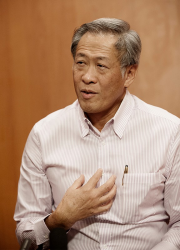
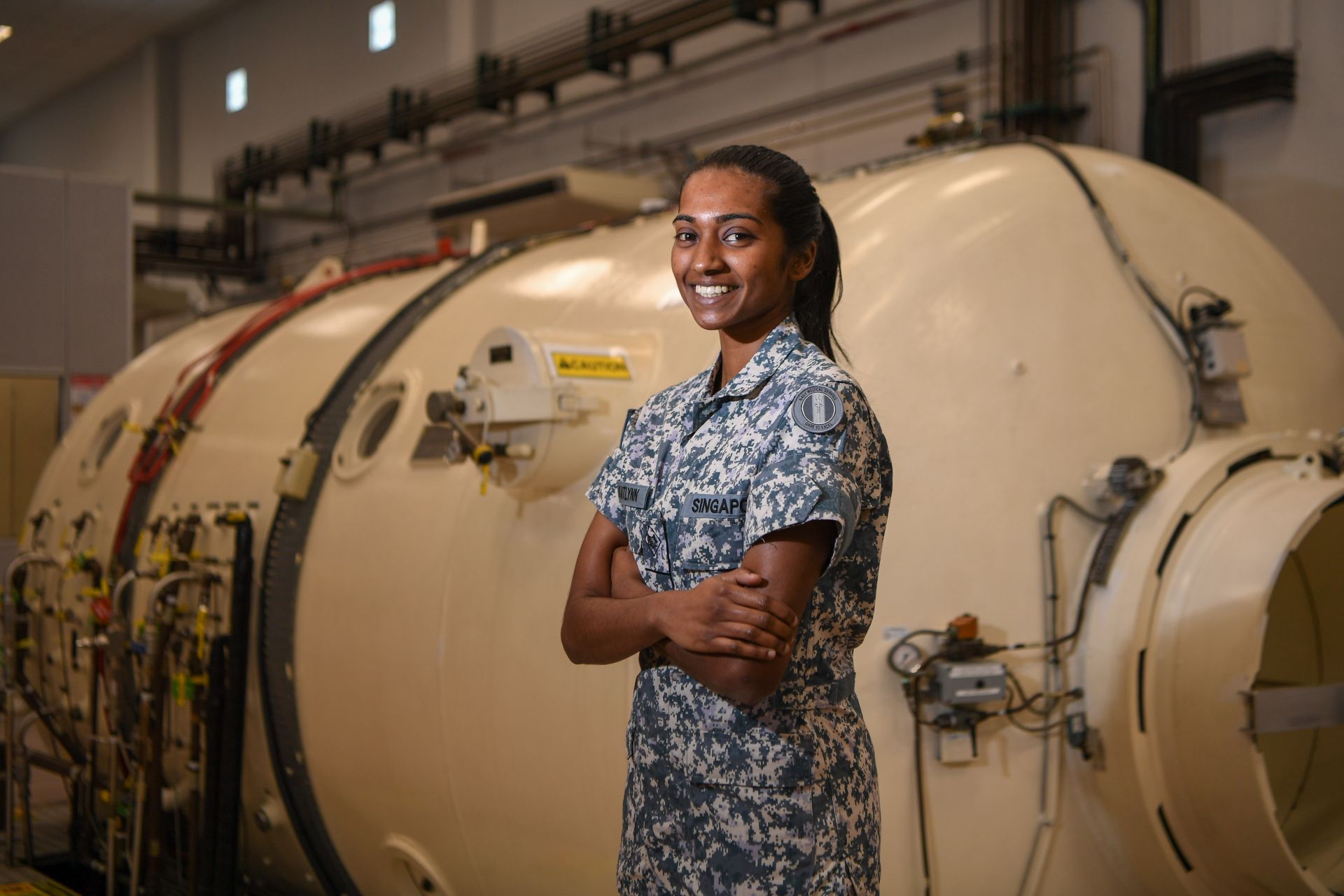
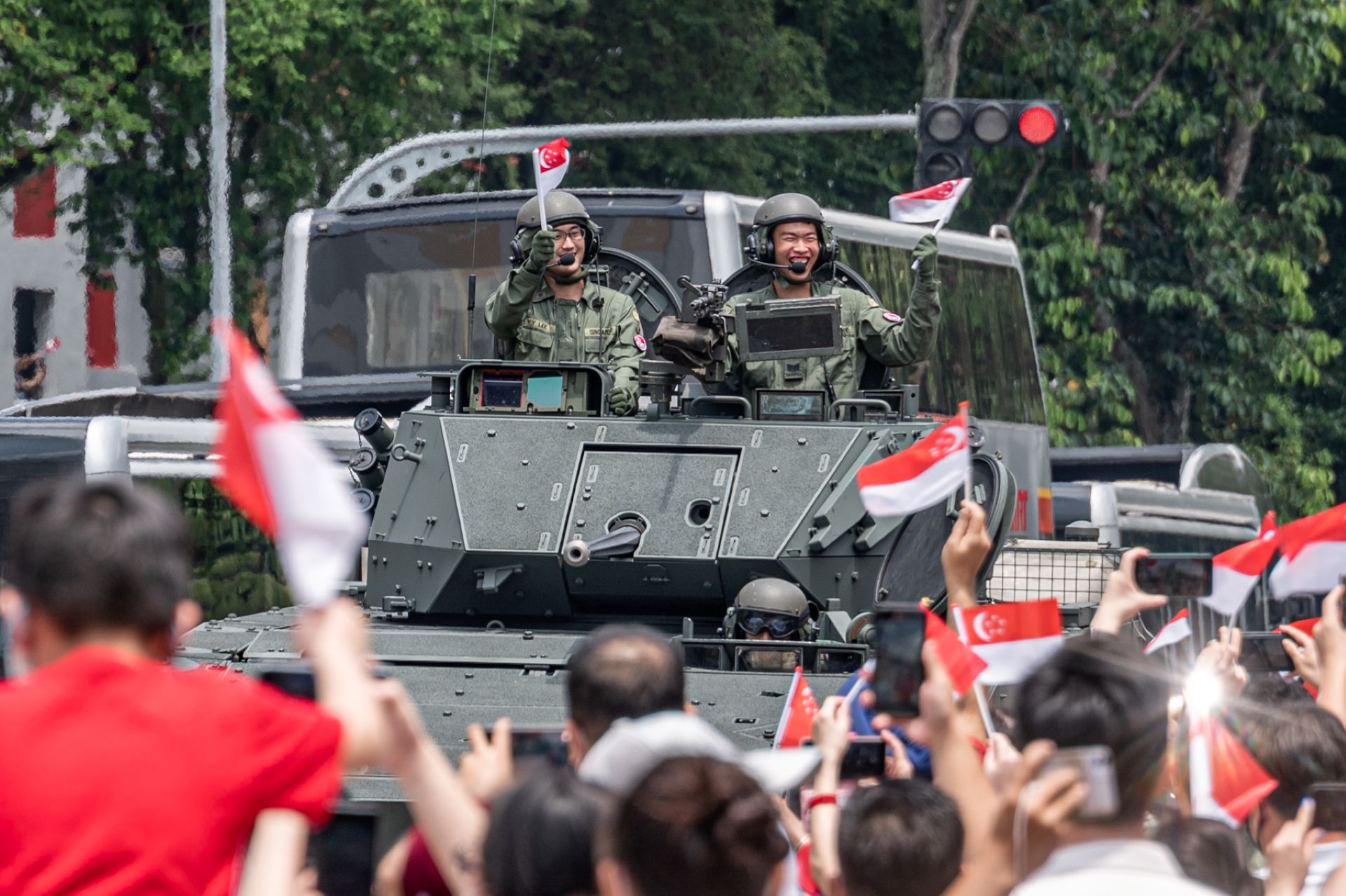
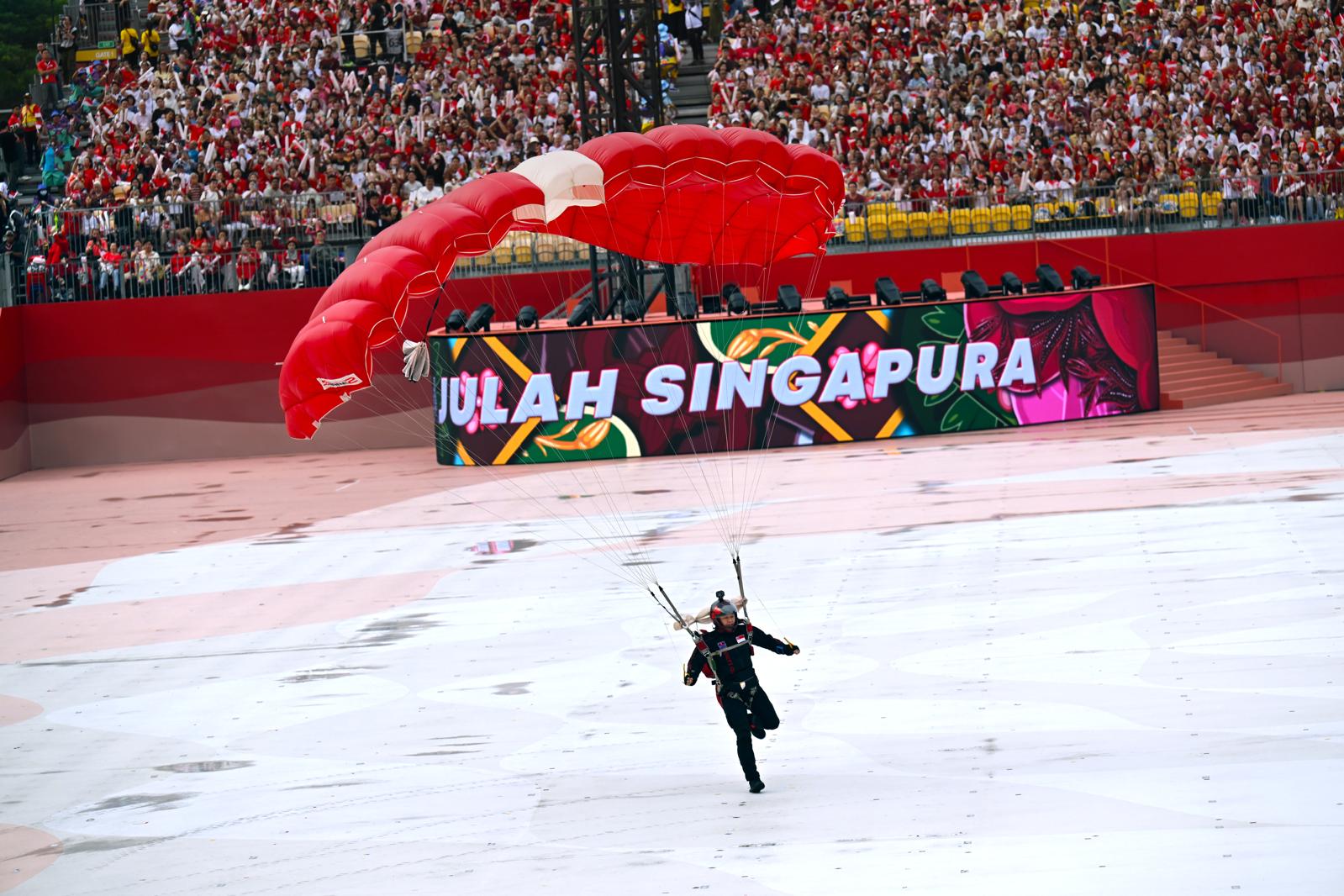
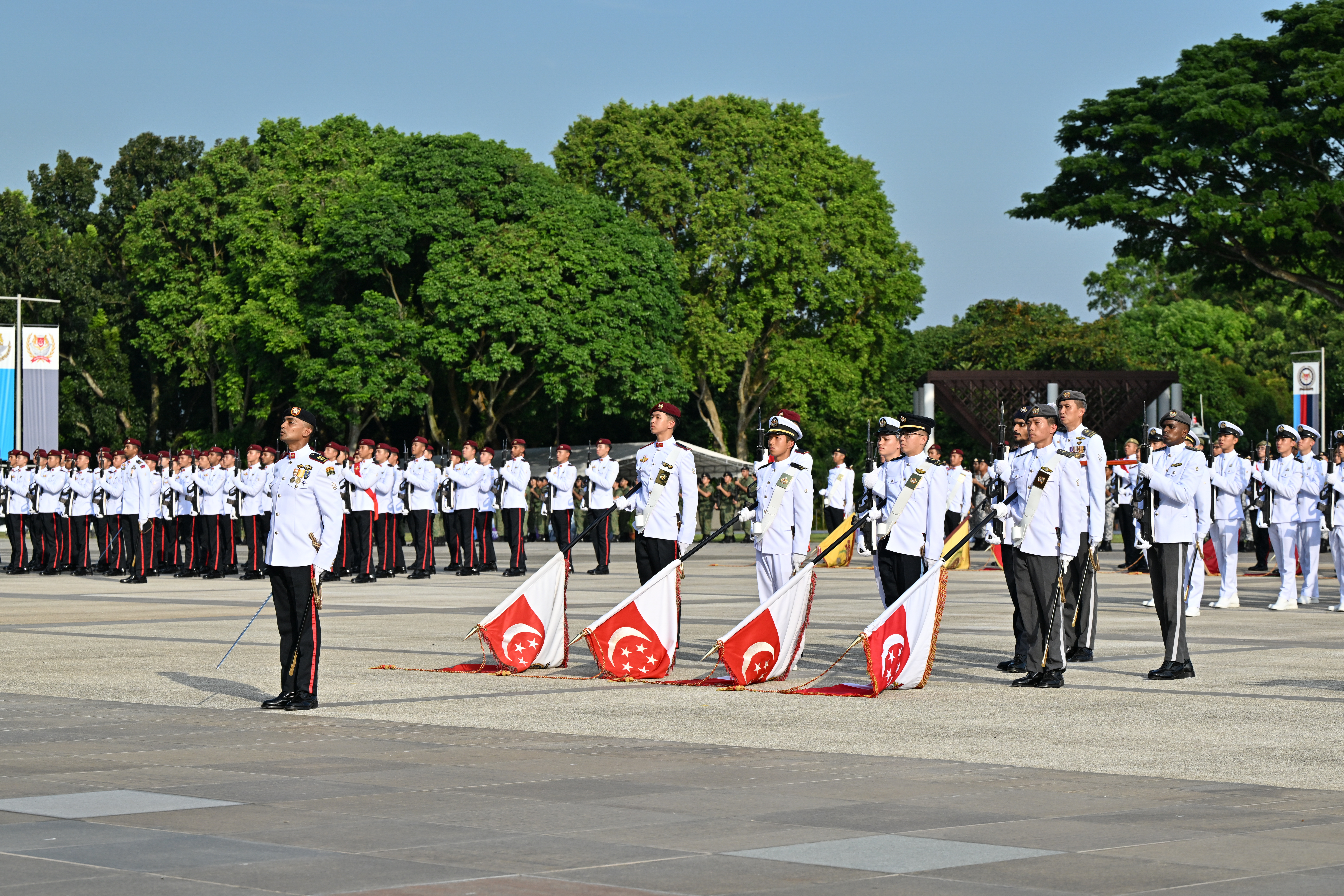
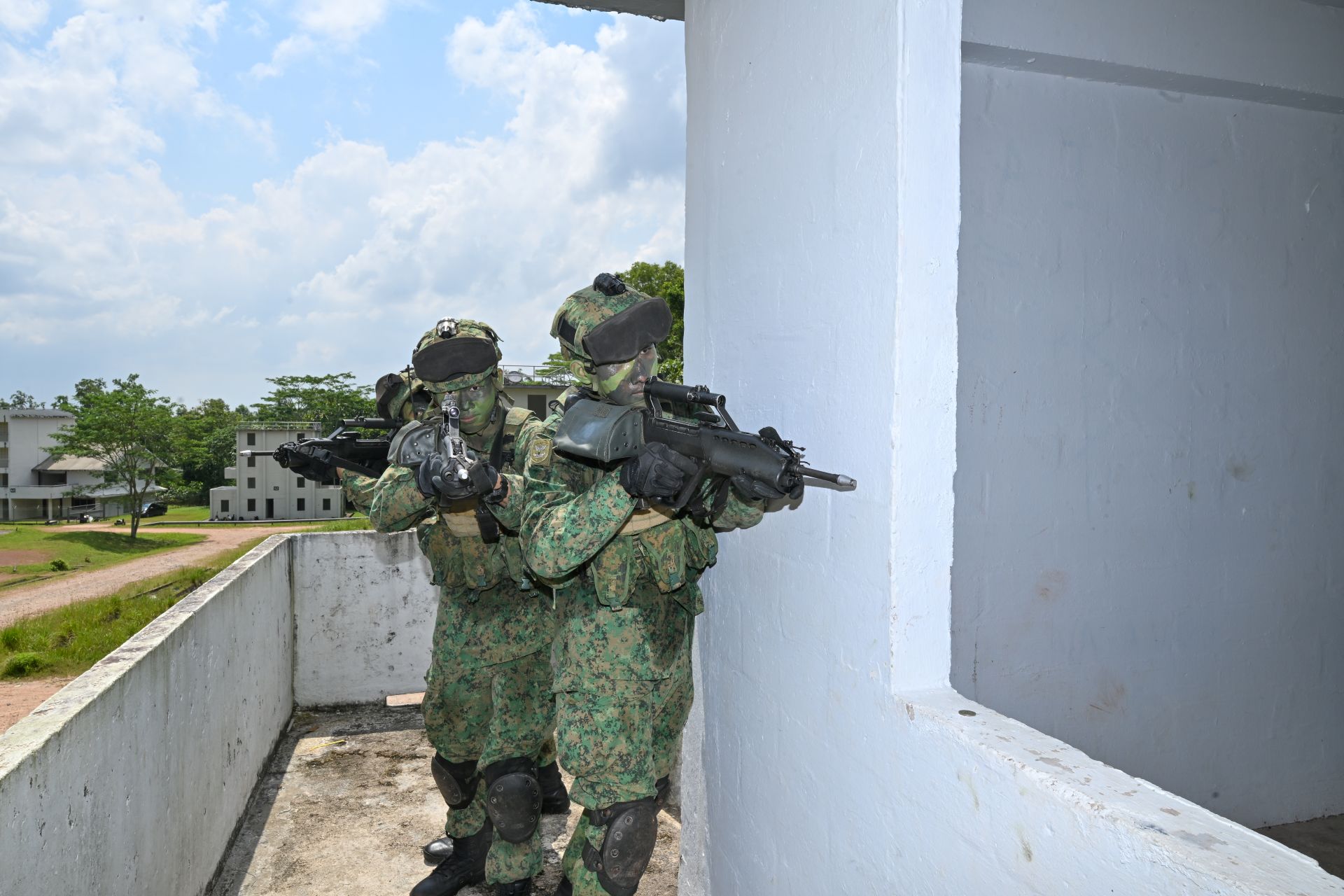
.jpg?sfvrsn=b5383902_1)
.jpg?sfvrsn=4eb1b86e_1)
